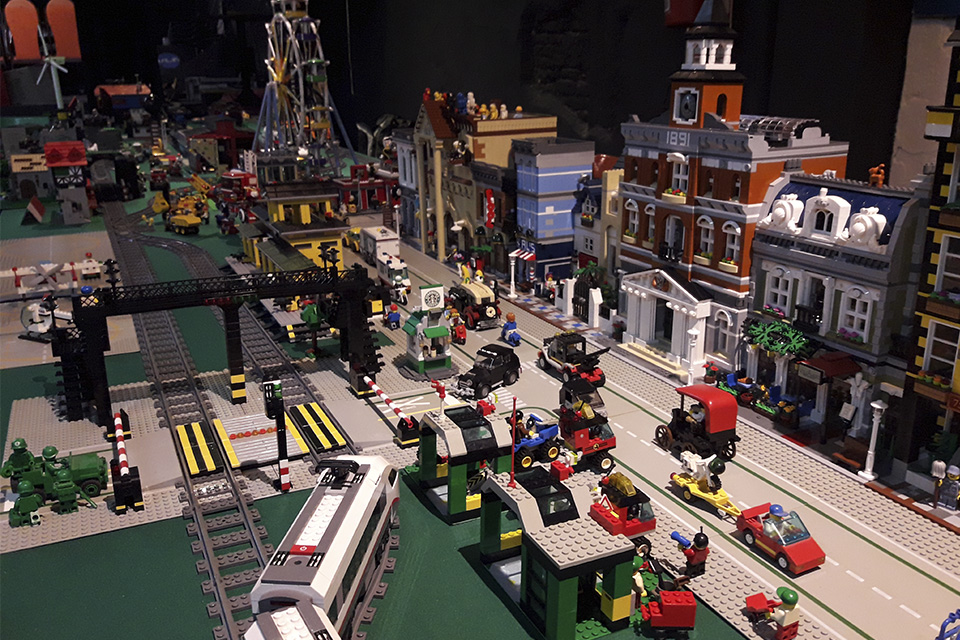- Joined
- Jan 17, 2010
- Messages
- 4,967
- Reaction score
- 6,071
BY ISABEL DE BRE
Updated 2:39 PM BRT, May 13, 2024
BUENOS AIRES, Argentina (AP) — The International Monetary Fund, Argentina’s biggest creditor, agreed Monday to release the next tranche of loans due under a bailout program, endorsing government austerity measures so severe they even surpass the terms of its $43 billion loan.
The IMF deal follows the completion of its review of Argentina’s compliance record and confirms the next $792 million payment will become available to the government in June, reassuring markets and boosting confidence among bankers about Argentina’s prospects as it goes through its worst economic crisis in two decades.
The decision by the fund’s technical staff still requires final approval from the IMF’s executive board, which could take weeks.

Argentina’s annual inflation rate reached 287% in March, among the highest in the world, deepening poverty and spurring strikes and protests. But the IMF praised President Javier Milei’s libertarian government for a number of economic successes — Argentina’s first quarterly fiscal surplus in 16 years, falling monthly inflation and surging sovereign bond prices.
To overhaul the beleaguered economy, Milei has slashed public sector wages, eliminated thousands of state jobs, frozen public works projects and and cut subsidies. He has also devalued the nosediving peso currency by over 50%, helping it stabilize but causing the prices of basic goods to skyrocket.
Although brutal for Argentina’s poor and middle classes, the market-friendly overhaul has “resulted in faster-than-anticipated progress in restoring macroeconomic stability and bringing the program firmly back on track,” the IMF said, thanking Argentine authorities for “the decisive implementation of their stabilization plan.”
The praise marks a dramatic turn-around from the past six decades during which Argentine politicians showed little interest in enacting reforms stipulated as part of borrowing agreements.

Previous left-leaning governments fell far short of IMF targets and relied on central bank money printing to finance treasury spending, pushing the country’s IMF program — launched in 2018 and refinanced in 2022 — to a breaking point.
The international lender remains deeply unpopular in Argentina, where the public blames it for an economic implosion and debt default in late 2001. The IMF later acknowledged it made mistakes contributing to the collapse.
It’s rare for a country to have the IMF as its biggest creditor. Argentina is in the strange position of relying on money lent by the fund to repay the fund itself.

https://apnews.com/article/milei-ar...conomy-funds-b3b82978d3971ce6148f6f26f2d8e97b
Updated 2:39 PM BRT, May 13, 2024
BUENOS AIRES, Argentina (AP) — The International Monetary Fund, Argentina’s biggest creditor, agreed Monday to release the next tranche of loans due under a bailout program, endorsing government austerity measures so severe they even surpass the terms of its $43 billion loan.
The IMF deal follows the completion of its review of Argentina’s compliance record and confirms the next $792 million payment will become available to the government in June, reassuring markets and boosting confidence among bankers about Argentina’s prospects as it goes through its worst economic crisis in two decades.
The decision by the fund’s technical staff still requires final approval from the IMF’s executive board, which could take weeks.

Argentina’s annual inflation rate reached 287% in March, among the highest in the world, deepening poverty and spurring strikes and protests. But the IMF praised President Javier Milei’s libertarian government for a number of economic successes — Argentina’s first quarterly fiscal surplus in 16 years, falling monthly inflation and surging sovereign bond prices.
To overhaul the beleaguered economy, Milei has slashed public sector wages, eliminated thousands of state jobs, frozen public works projects and and cut subsidies. He has also devalued the nosediving peso currency by over 50%, helping it stabilize but causing the prices of basic goods to skyrocket.
Although brutal for Argentina’s poor and middle classes, the market-friendly overhaul has “resulted in faster-than-anticipated progress in restoring macroeconomic stability and bringing the program firmly back on track,” the IMF said, thanking Argentine authorities for “the decisive implementation of their stabilization plan.”
The praise marks a dramatic turn-around from the past six decades during which Argentine politicians showed little interest in enacting reforms stipulated as part of borrowing agreements.

Previous left-leaning governments fell far short of IMF targets and relied on central bank money printing to finance treasury spending, pushing the country’s IMF program — launched in 2018 and refinanced in 2022 — to a breaking point.
The international lender remains deeply unpopular in Argentina, where the public blames it for an economic implosion and debt default in late 2001. The IMF later acknowledged it made mistakes contributing to the collapse.
It’s rare for a country to have the IMF as its biggest creditor. Argentina is in the strange position of relying on money lent by the fund to repay the fund itself.

https://apnews.com/article/milei-ar...conomy-funds-b3b82978d3971ce6148f6f26f2d8e97b


